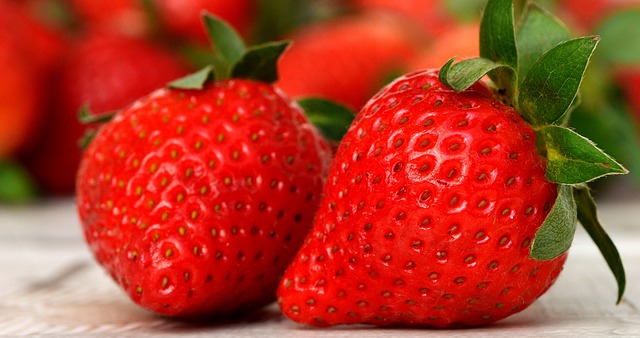Feed Your Body, Feed Your Gut: Nourishing Probiotic-Rich Foods to Try
In recent years, there has been a growing awareness of the importance of gut health and its impact on overall well-being. A healthy gut is crucial for good digestion, strong immunity, and even mental health. One way to promote a healthy gut is by incorporating probiotic-rich foods into your diet. Probiotics are live bacteria and yeasts that provide numerous health benefits when consumed in adequate amounts. These beneficial microorganisms help maintain the delicate balance of your gut microbiota, which is essential for optimal health.
Here are some nourishing probiotic-rich foods that you can try to boost your gut health:
1. Yogurt
Yogurt is one of the most well-known probiotic-rich foods. It is made by fermenting milk with live bacteria cultures, such as Lactobacillus and Bifidobacterium. These live cultures help populate your gut with beneficial bacteria, promoting a healthy balance. When choosing yogurt, opt for varieties that contain live and active cultures and avoid those loaded with added sugars.
2. Kefir
Kefir is a fermented milk drink that is similar to yogurt. It is made by fermenting milk with kefir grains, which are a combination of bacteria and yeast. Kefir is packed with probiotics and also contains other nutrients like protein, calcium, and vitamins. It has a tangy flavor and can be enjoyed on its own or added to smoothies for a gut-healthy boost.
3. Sauerkraut
Sauerkraut is a traditional fermented food made from cabbage. During the fermentation process, natural bacteria feed on the sugars in the cabbage, creating lactic acid. This lactic acid not only gives sauerkraut its sour taste but also acts as a natural preservative and promotes the growth of beneficial bacteria. Enjoy sauerkraut as a side dish or add it to sandwiches and salads for an extra probiotic punch.
4. Kimchi
Kimchi is a popular Korean side dish made by fermenting cabbage and other vegetables with a variety of seasonings. Similar to sauerkraut, kimchi undergoes lactic acid fermentation, which results in its distinct tangy flavor. Kimchi is not only rich in probiotics but also provides antioxidants and vitamins. Incorporate kimchi into your meals as a flavorful condiment or use it as a topping for rice and noodles.
5. Kombucha
Kombucha is a fermented tea that has gained popularity for its probiotic properties. It is made by fermenting sweetened tea with a symbiotic culture of bacteria and yeast (SCOBY). The fermentation process produces a fizzy, tangy beverage packed with probiotics, enzymes, and antioxidants. However, it’s important to note that kombucha can contain a small amount of alcohol due to the fermentation process, so it’s best to consume it in moderation.
6. Miso
Miso is a traditional Japanese condiment made from fermented soybeans, rice, or barley. It is commonly used to flavor soups, sauces, and marinades. Miso is a good source of probiotics, as well as essential minerals and antioxidants. Add a spoonful of miso paste to your soups or use it as a base for dressings and dips to incorporate its gut-friendly benefits into your meals.
7. Tempeh
Tempeh is a fermented soy product that originates from Indonesia. It is made by fermenting soybeans with a tempeh starter culture that contains probiotic bacteria. Tempeh has a nutty flavor and a firm texture, making it a versatile ingredient to use in various dishes. It is also a good source of protein, fiber, and essential nutrients. Use tempeh as a meat substitute in stir-fries, sandwiches, or vegetarian burgers for a probiotic boost.
These are just a few examples of probiotic-rich foods that can help nourish your gut. Experiment with different options to find the ones that suit your taste preferences the best. Incorporating these foods into your diet can be a delicious way to support your gut health and enhance your overall well-being. Remember, a healthy gut is a happy gut!







